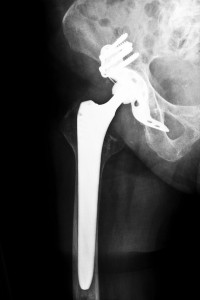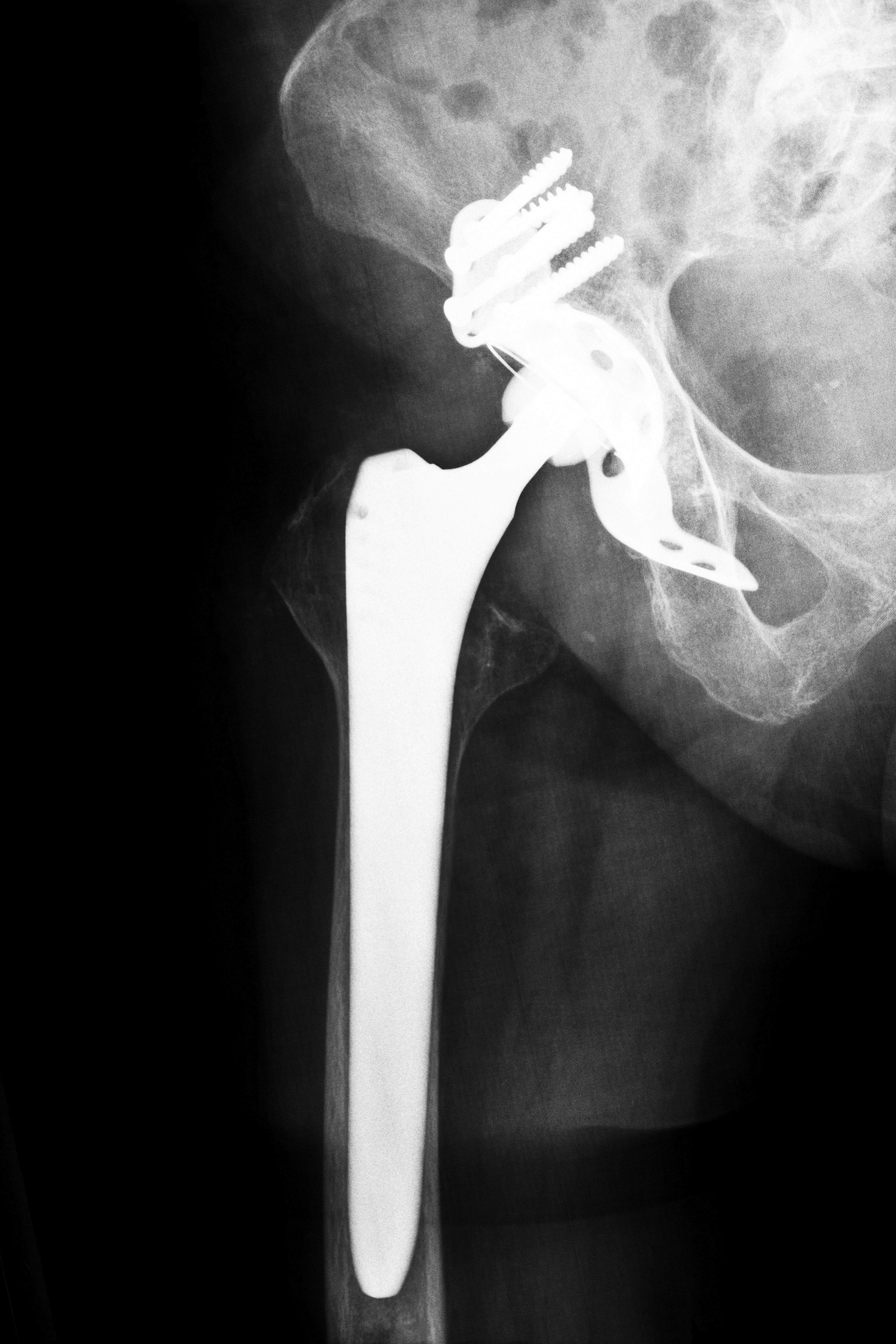 Attorney Group for Kansas has created a list of some of the frequently asked questions involving metal on metal hip implants, the symptoms of complications, and the litigation surrounding the allegedly defective devices. Contact us today for more information and to schedule your free case evaluation.
Attorney Group for Kansas has created a list of some of the frequently asked questions involving metal on metal hip implants, the symptoms of complications, and the litigation surrounding the allegedly defective devices. Contact us today for more information and to schedule your free case evaluation.
1. What are some of the possible complications of metal on metal hip implants?
Patients have reportedly suffered from early device failure, metal toxicity, pain, swelling, tumors, difficulty moving, loosening of the implant, and fractures. If you have noticed one or more of the aforementioned symptoms, contact your healthcare provider to determine whether any severe or life-threatening damage has been done.
2. What devices have been recalled? Why?
Several devices have been pulled from the U.S. market amid reports of metal poisoning and early device failure. These include the M2a Magnum, ASR Total Hip System, R3 Acetabular System, and the Rejuvenate and ABG II modular-neck hip stems.
3. My implant is not on the recall list, but I am dealing with these symptoms. What do I do?
First, you should talk to your doctor. These symptoms could be a sign of something serious, and it is important to seek medical help. But even if your hip implant has not been recalled, you may still consider seeking legal counsel in Kansas as you may still have legal options despite the lack of a recall for certain metal on metal hip implants. An attorney can evaluate your case and help you determine if you are eligible to take legal action regarding your injuries.
4. Are patients filing lawsuits in the U.S.?
Yes. Plaintiffs throughout the country are pursuing claims against several medical device manufacturers, alleging that the companies neglected to inform them of the potential risks and dangers of their products. According to plaintiffs, the all-metal implants caused metallosis, pain, swelling, early device failure, and the need for revision procedures.
5. What does the FDA have to say about the recalls?
The FDA is allegedly investigating claims submitted by patients who have reported early device failure, among other complications, and is considering removing metal on metal hip implants from the list of products that can receive approval through the 510(k) clearance process. The FDA states that anyone with an all-metal hip should undergo blood testing and imaging to determine whether any damage has occurred.
6. What do I do if my doctor wants to replace my hip?
If your physician believes that you need a revision procedure, consult with an attorney, as this could potentially be one of the most important pieces of evidence in your case. Tests can be done on the implant once it is removed to determine whether it has sustained excessive wear, so it is important that your physician does not send it to the company for analysis.
7. What happens next?
Although compensation is not guaranteed in metal on metal hip implant lawsuits, it is still important to seek legal counsel to determine whether you have a case in Kansas. Depending on the circumstances, you may be eligible to recover damages for lost income, pain and suffering, and medical expenses for revision procedures and more.
Have You Been Injured From a Metal on Metal Hip Implant?
If you would like to learn more about your options if you believe that you were injured by a metal on metal hip implant, contact Attorney Group for Kansas today. There is no cost to receive a case evaluation, and we can connect you with an affiliated attorney who can assist you in seeking the compensation to which you may be entitled. Call today.






